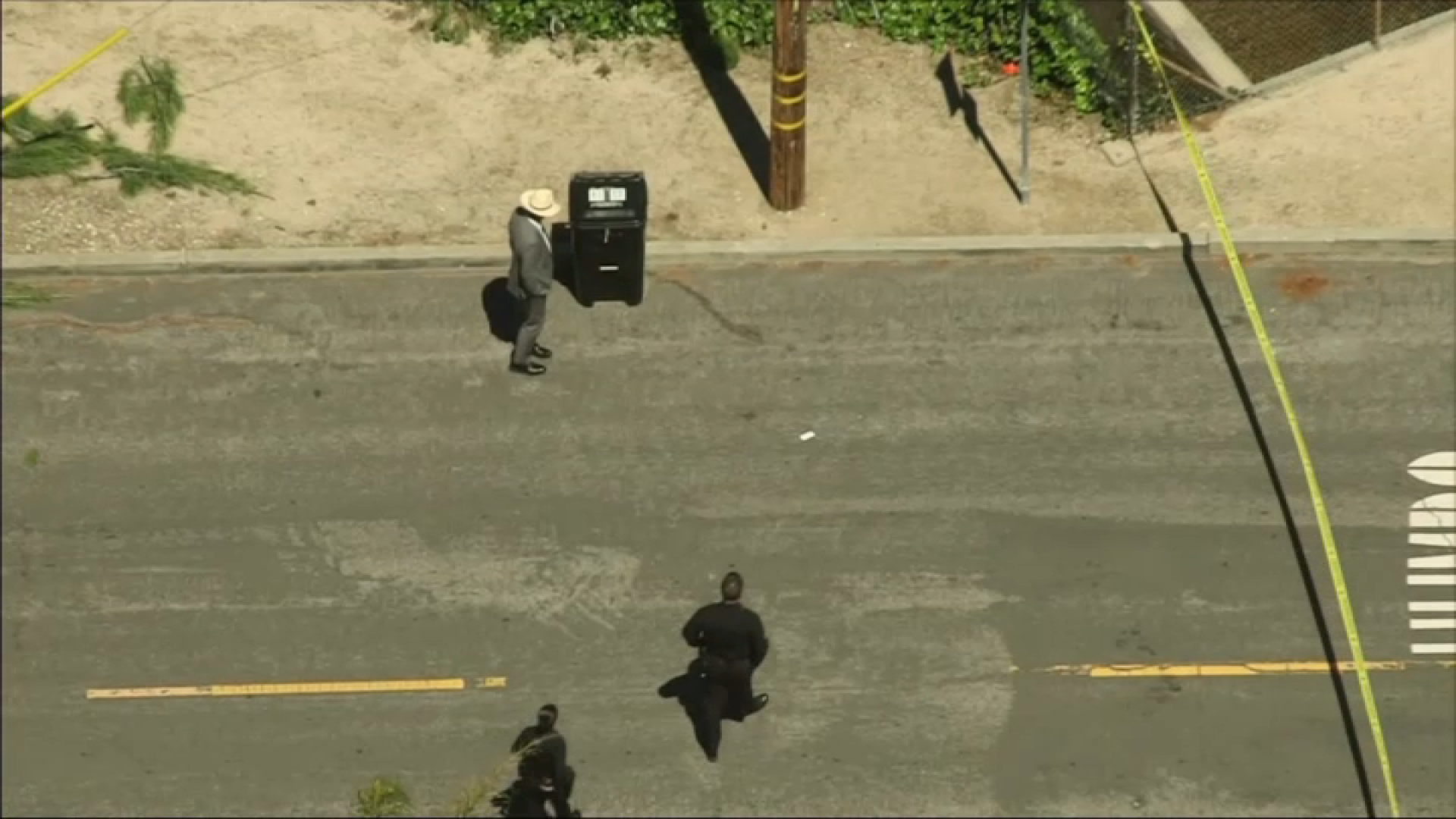Filmmaker Regina Griffin was in high school when she first learned about a relatively-unknown piece of World War II history, though she didn’t learn about it in class.
“I didn't learn about this in history and pretty much no one else has,” Griffin said.
Griffin is referring to the story of a group of several thousand German-born children known as “Brown Babies.”
She learned about them from a book written by a family friend who was a “Brown Baby” herself.
“Their mothers were German women and their fathers were African-American soldiers, and they had children and no one wanted them,” Griffin said. “They were caught between Nazi Germany and Jim Crow America.”
The children are the subject of Griffin’s 2010 documentary, “Brown Babies: The Mischlingskinder Story.”
The film is about the lifelong trauma of several thousand German-born children, whose Black American military fathers had gone back to the United States and whose white German mothers could not afford to raise them.
News
Top news of the day
“The mothers, even if they wanted to keep them, they cannot keep an apartment, they cannot keep their jobs, they were ostracized in their communities and their families,” Griffin said. “The soldiers are off to the next place, so the children were put in orphanages.”
Many of the children became wards of the German government, where their lives weren’t made any easier.
“Many of them lived in orphanages because that was deemed a safer place for them to live,” Griffin said. “There are stories of the children going swimming and someone trying to drown them. They were so conditioned that they were less than. We have children trying to scrub the brown off of their skin. So they were treated as less than and their life experience reflected that.”
That’s where Mabel Grammer enters the story.
The Black journalist, whose military husband was stationed in Germany, stepped in to help hundreds of the children.
“She lived in Washington D.C., so she found people in our own community to take children into their homes,” Griffin said of Grammer, who oversaw the adoptions of 500 Brown Babies. “Here's one person taking it upon herself to find homes for these children. She's my personal hero and she adopted 12 brown babies herself. She was an amazing woman.”
Griffin’s documentary covers just one aspect of systemic racism.
The film was released nearly a decade ago, and in the spirit of protest, she’s chosen to re-release herself online, inspired by the current fight for racial justice.
“We got a lot of critical success but no commercial success. Nobody wanted to touch this film,” Griffin said. “I just decided I'm not going to wait around. I'm going to stream it myself. It was just a lot of things that happened this summer that made me want to get it out there one more time.”
The documentary is being streamed now on BrownBabiesFilm.com.



